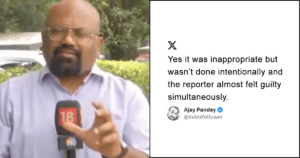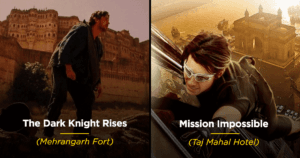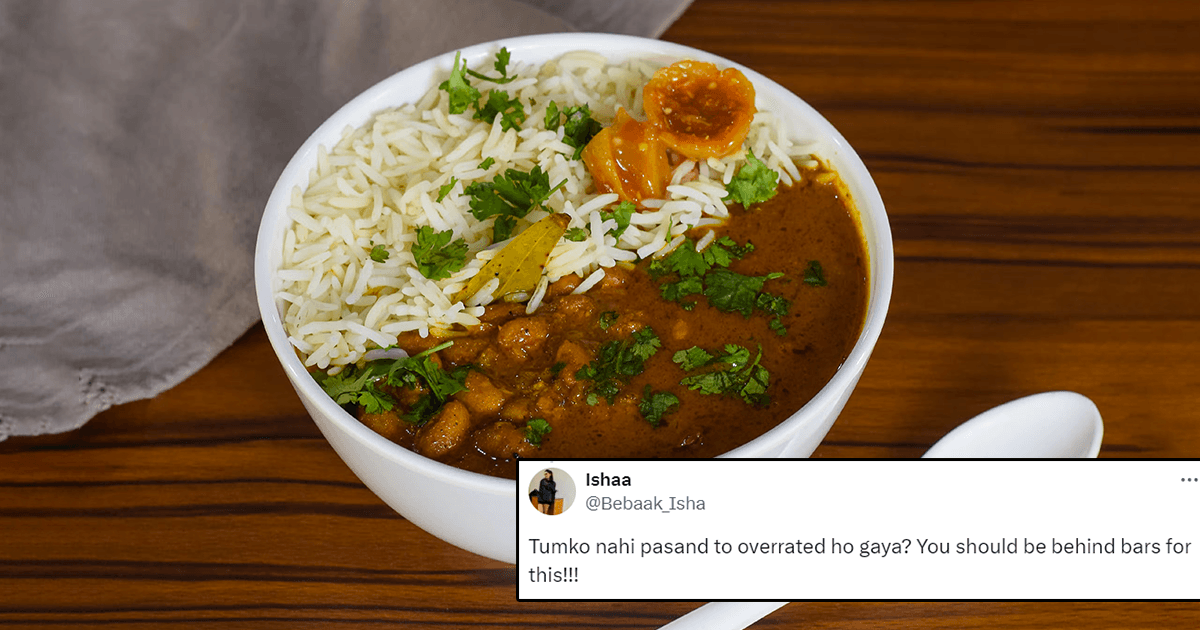I remember how our house used to be filled with guests when I was a kid. I never understood the reason, until I grew up and learned that my father, my grandfather and his brother were all journalists.
I know the state right now is such that when we read ‘journalists’, we almost immediately imagine humans shouting on cameras and writing news that is often very crass. However, that was not the case back then, certainly not in our house. The journalists in my family respected their jobs and responsibilities, and for that I am very proud.

My grandfather, Sushil K Jain, worked with several renowned newspapers like the Navbharat Times and Rashtriya Sahara for 40 years and was a famous sports commentator. He used to travel across the world to cover authentic news. His stamped passports remember that well. But, during his free time, he used to work and read in his little study at home – filled with hundreds of books and photo frames on the wall.
I remember that during weekends or vacations, he used to take me through his framed pictures and tell me about the celebrated dignitaries who were in the photographs, including PM Indira Gandhi, CM Vijay Kumar Malhotra and Olympian Wrestler Chandgi Ram. I recall watching similar faces in my parents’ wedding album too.
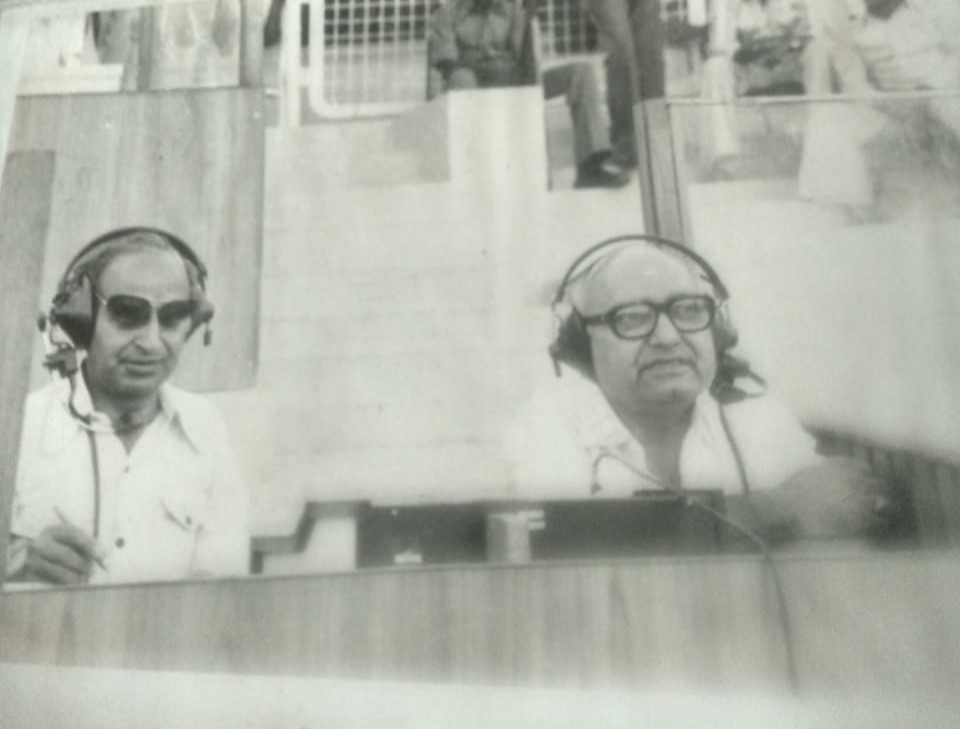
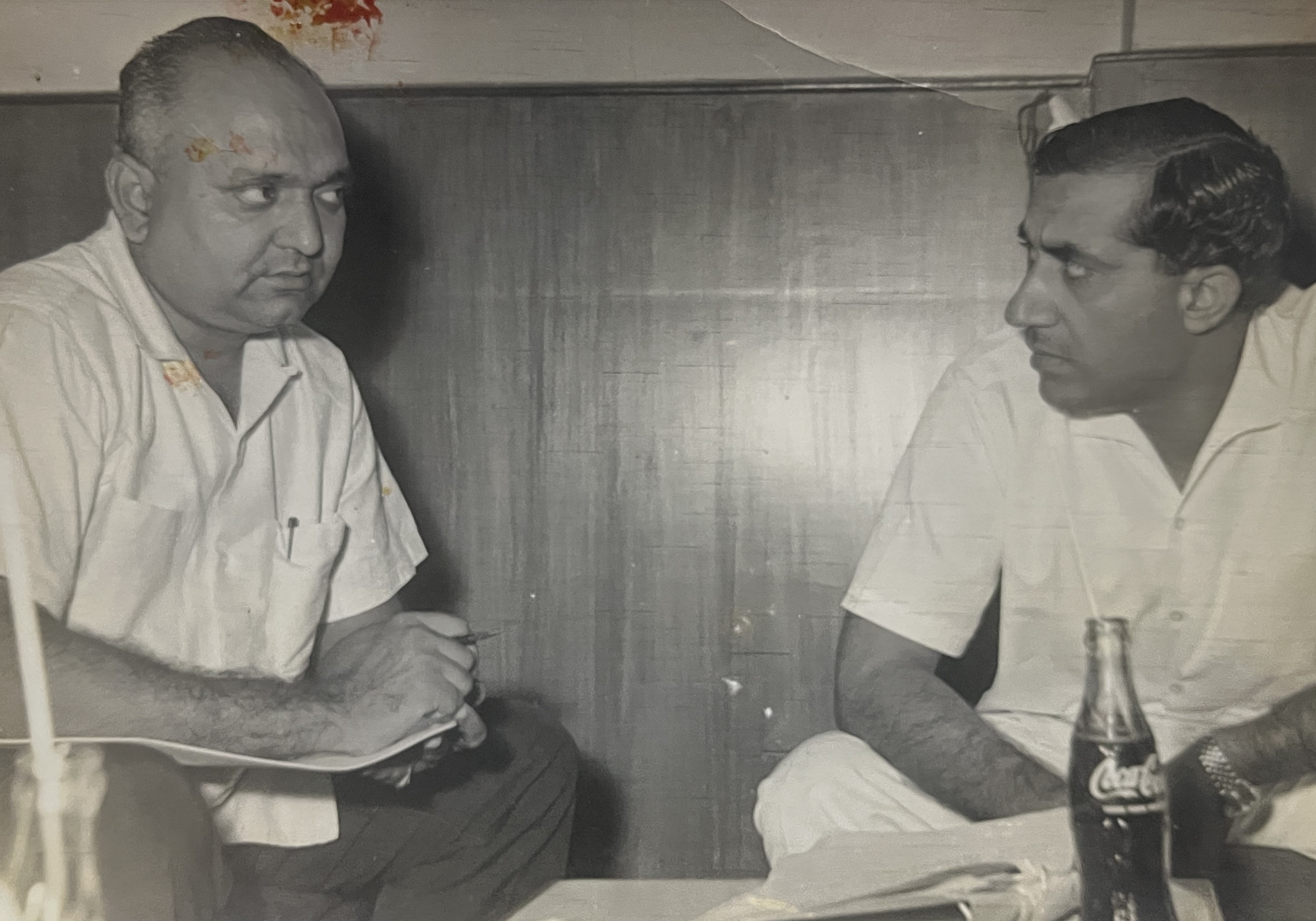
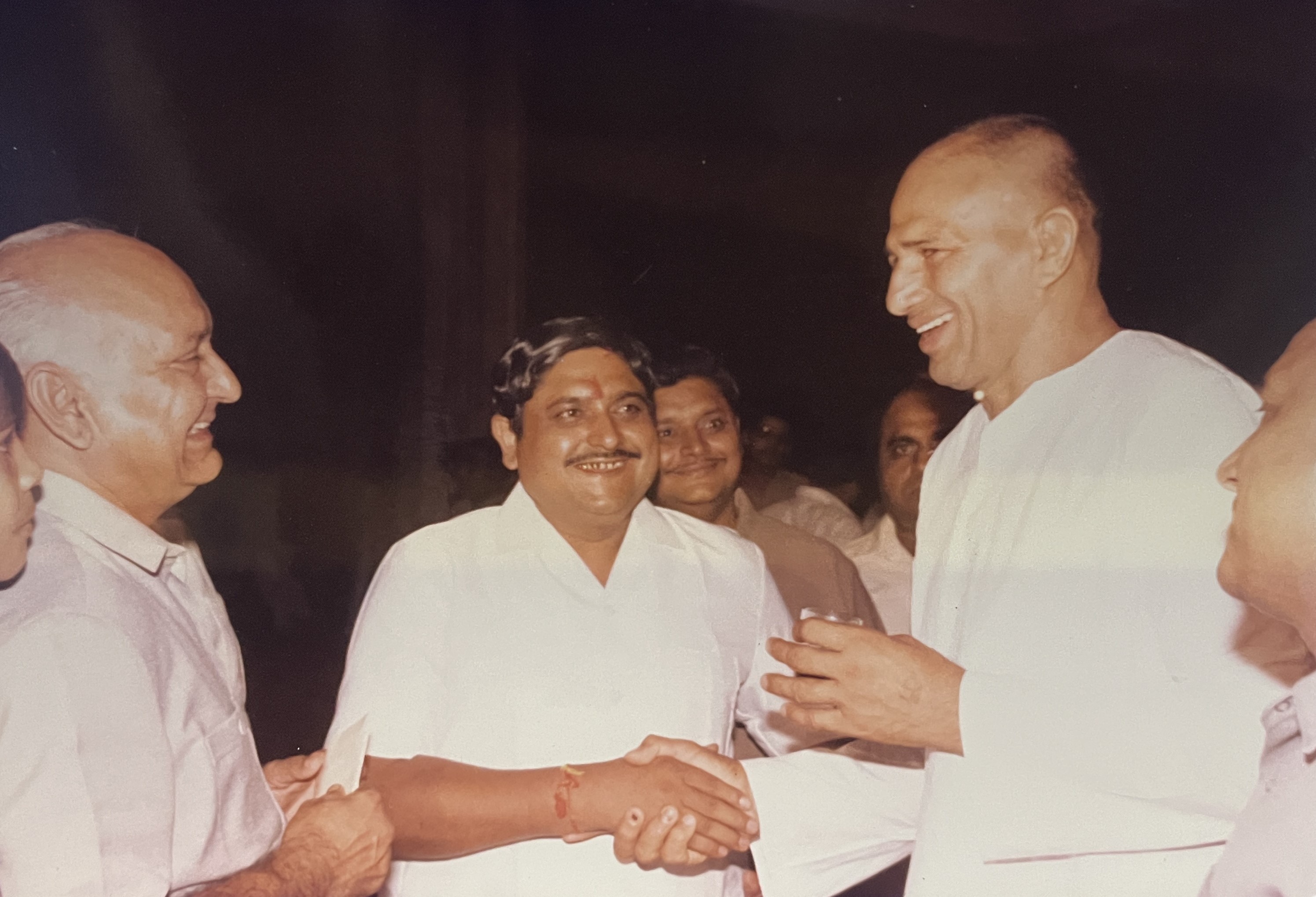
Needless to mention, seeing his adoration and devotion to his work, my father became a journalist too and worked at the Press Trust Of India for 30 years. Before that, he worked at the Border Security Force (BSF) and Samachar Bharti. Hence, all the hustle and bustle around the house.
However, my grandfather’s demise changed our lives forever. It came as a shock, to us and to everyone around.

While we were devastated, there was solace in the fact that his efforts and hardwork weren’t overlooked. To honor his endless endeavors towards his work and his audience, he was awarded an Olympic Order – the highest award of the Olympic Movement for prominent contributions – posthumously.
My mournful father knew that he needed to work through grief and accept the award to honor his father – which is exactly what he did. He went to the stage and accepted the prestigious award with his head held high, for his beloved late dad; and that’s when he decided to work twice as hard as my grandfather.
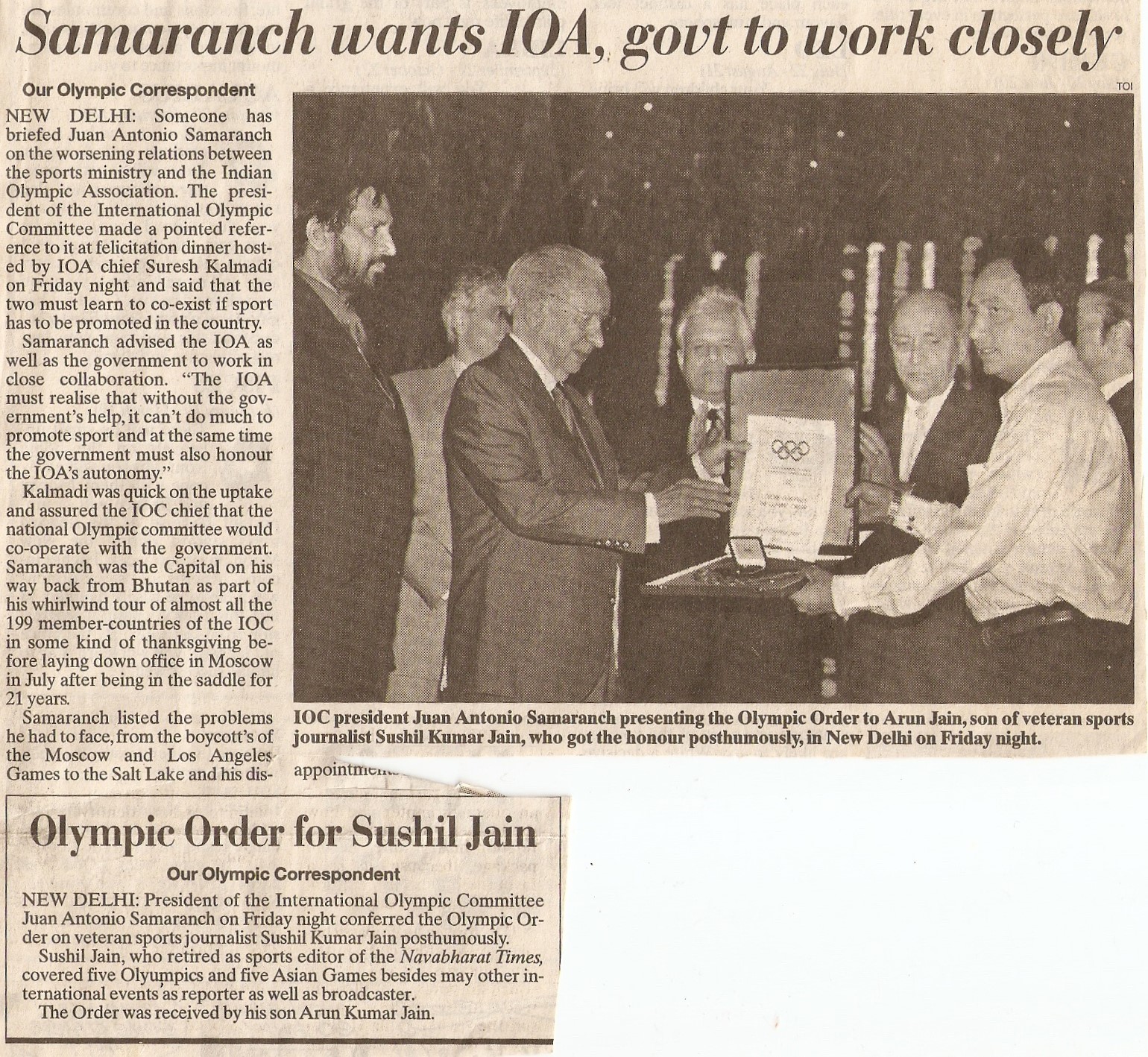
When I decided to join the media field, my dad had his reservations. To be honest, I did not understood the reason behind it, back then. Well, now I understand that he wasn’t wrong when he asked me to think twice about it.
Last week, we sat down to have a detailed discussion about how journalism was back in his time and how doomed the field is now; and, he had some quite interesting insights.
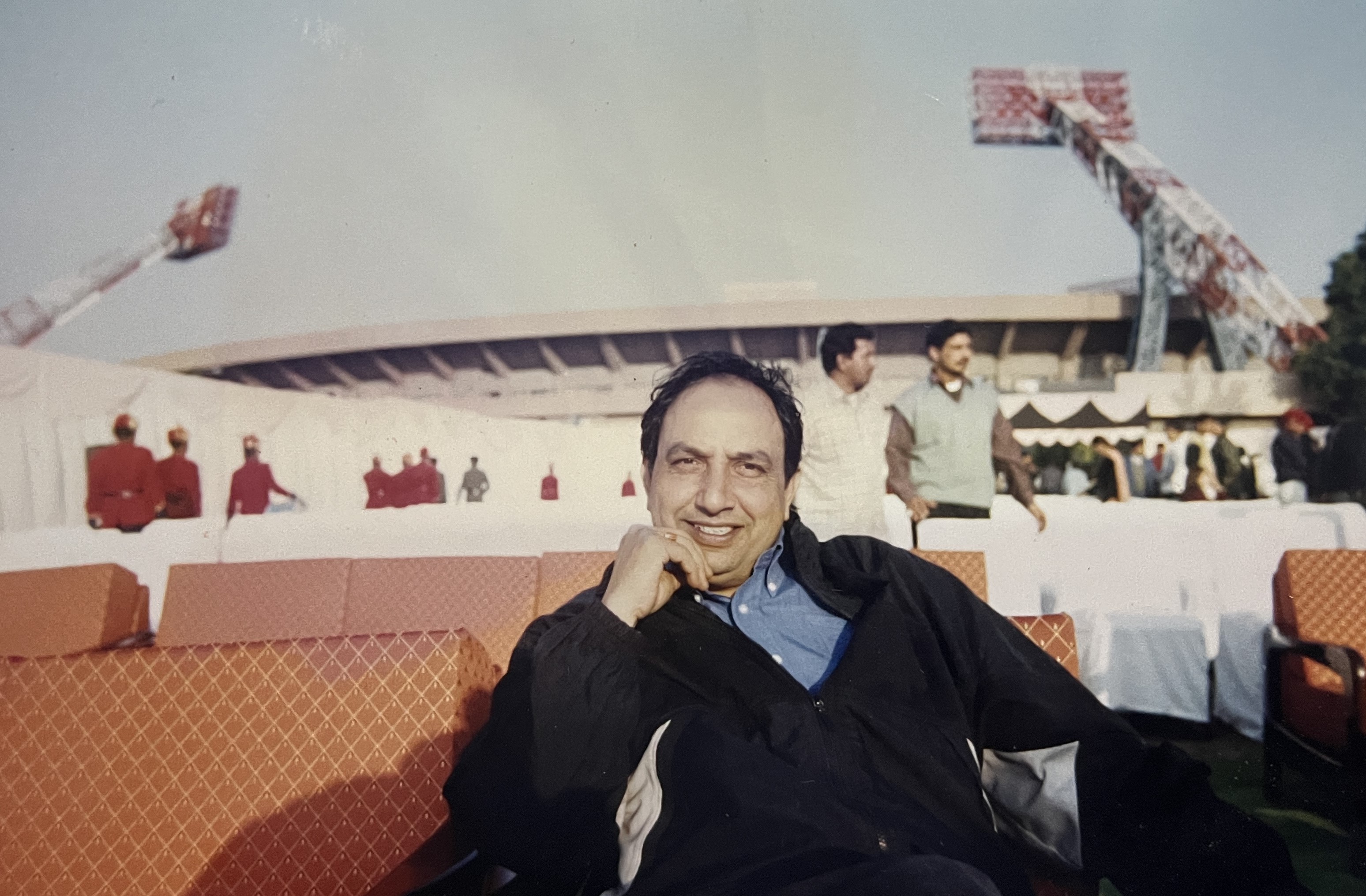
The first question I asked him was about the freedom to voice one’s opinions as a journalist. To this, he responded by saying that in current times, when social media is doing most of the reporter’s work, the quality of journalism has been deteriorating.
“We could write and criticize things – be it ministers or government officials. We couldn’t get the audience’s attention with click-bait headlines, the news, back then, had to be immaculate and accurate. However, it’s not the same case now.”
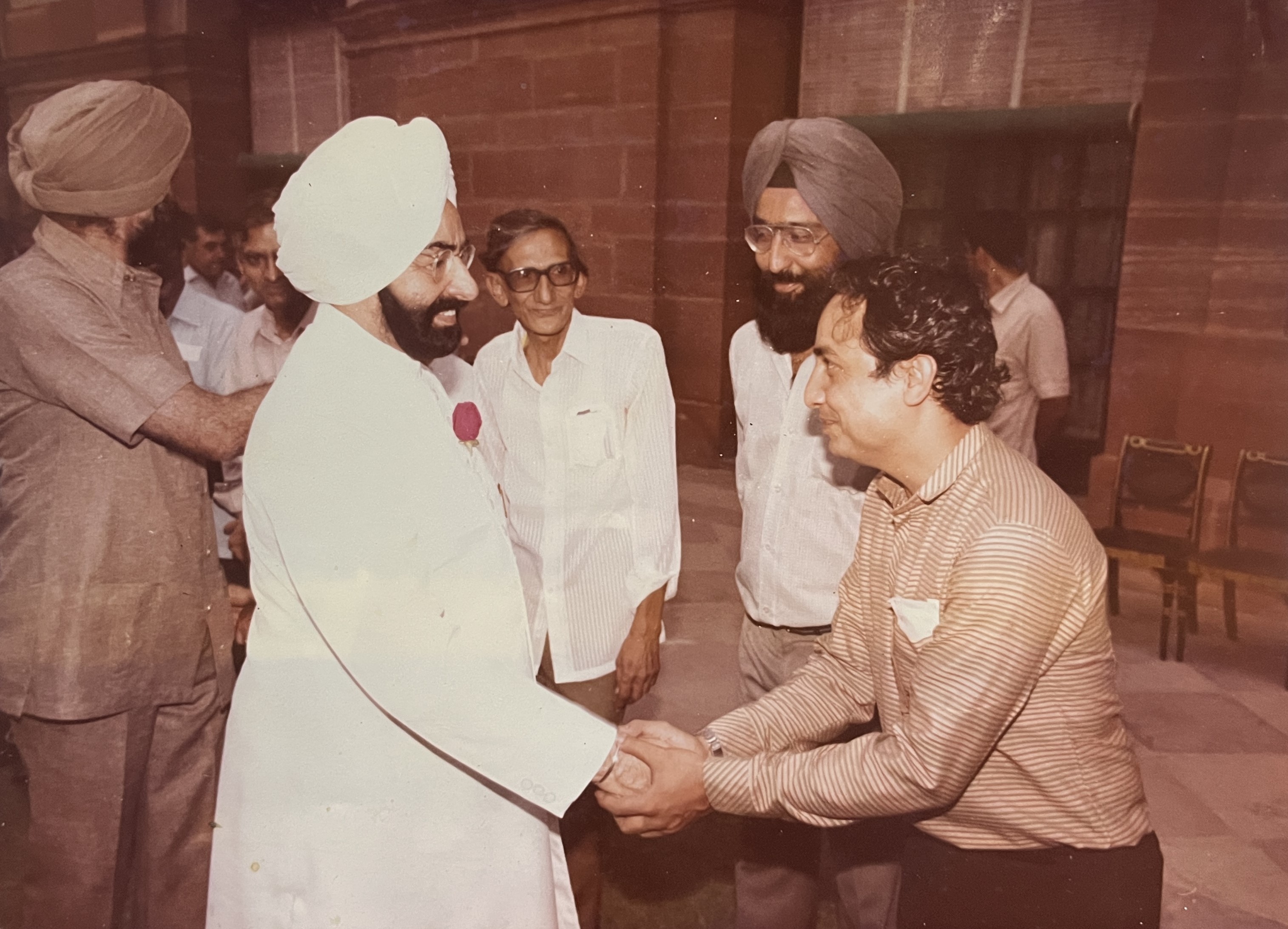
In these current times, we strive for numbers and views – be it news or a social media post. Next, I asked him about the stress of viewership and readership on his news.
“No, there was no pressure of numbers and readership, back then. To be real, our job was to present the right and informative news to the readers, that’s it.”
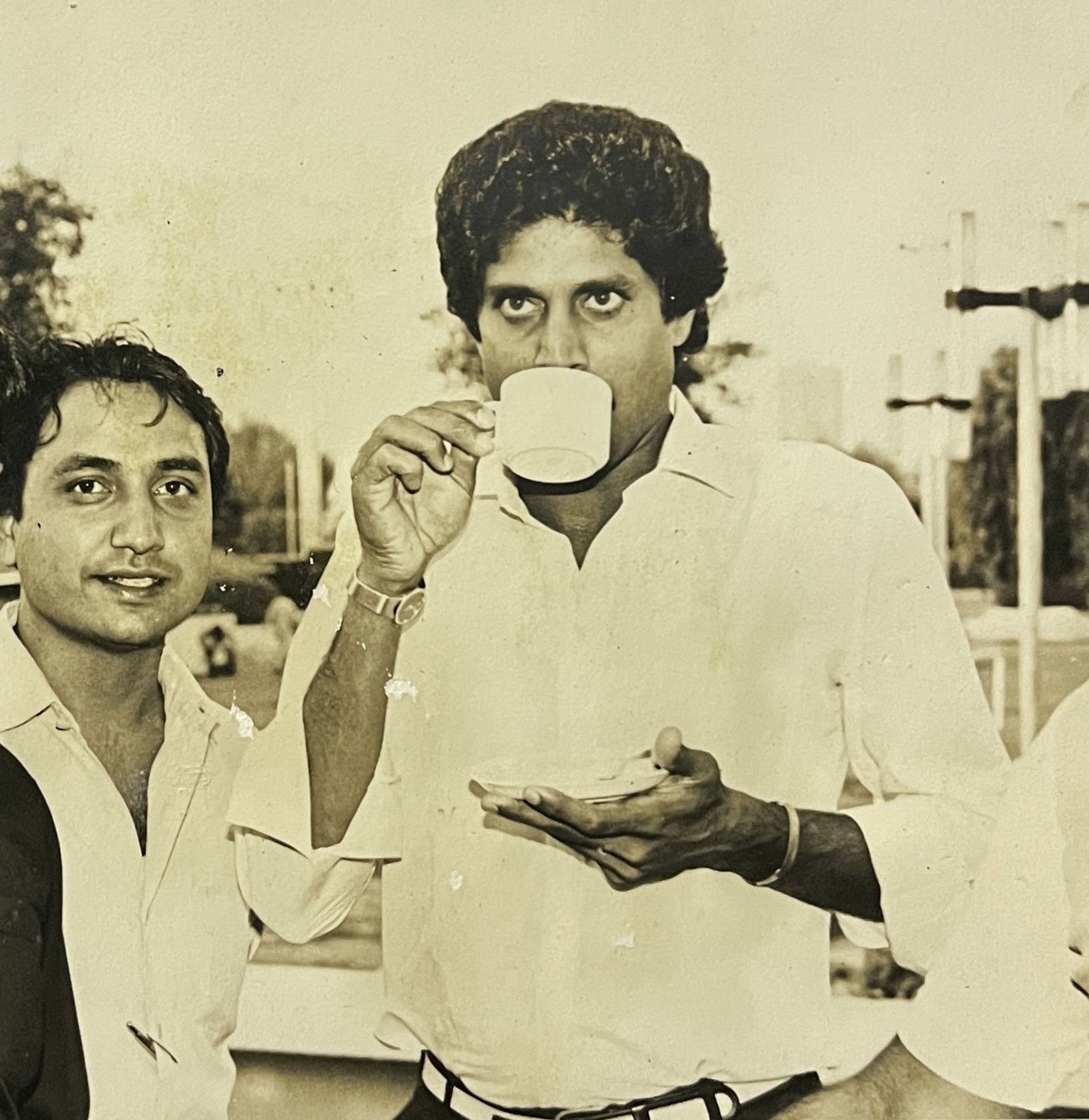
I asked him about his views on how social media is impacting journalism and he listed the boons that it comes with.
“The good thing is that earlier, the readers were reading what the authorities wanted them to read, but now, even if an event is not being showcased on the news channels, readers will find it on social media.”
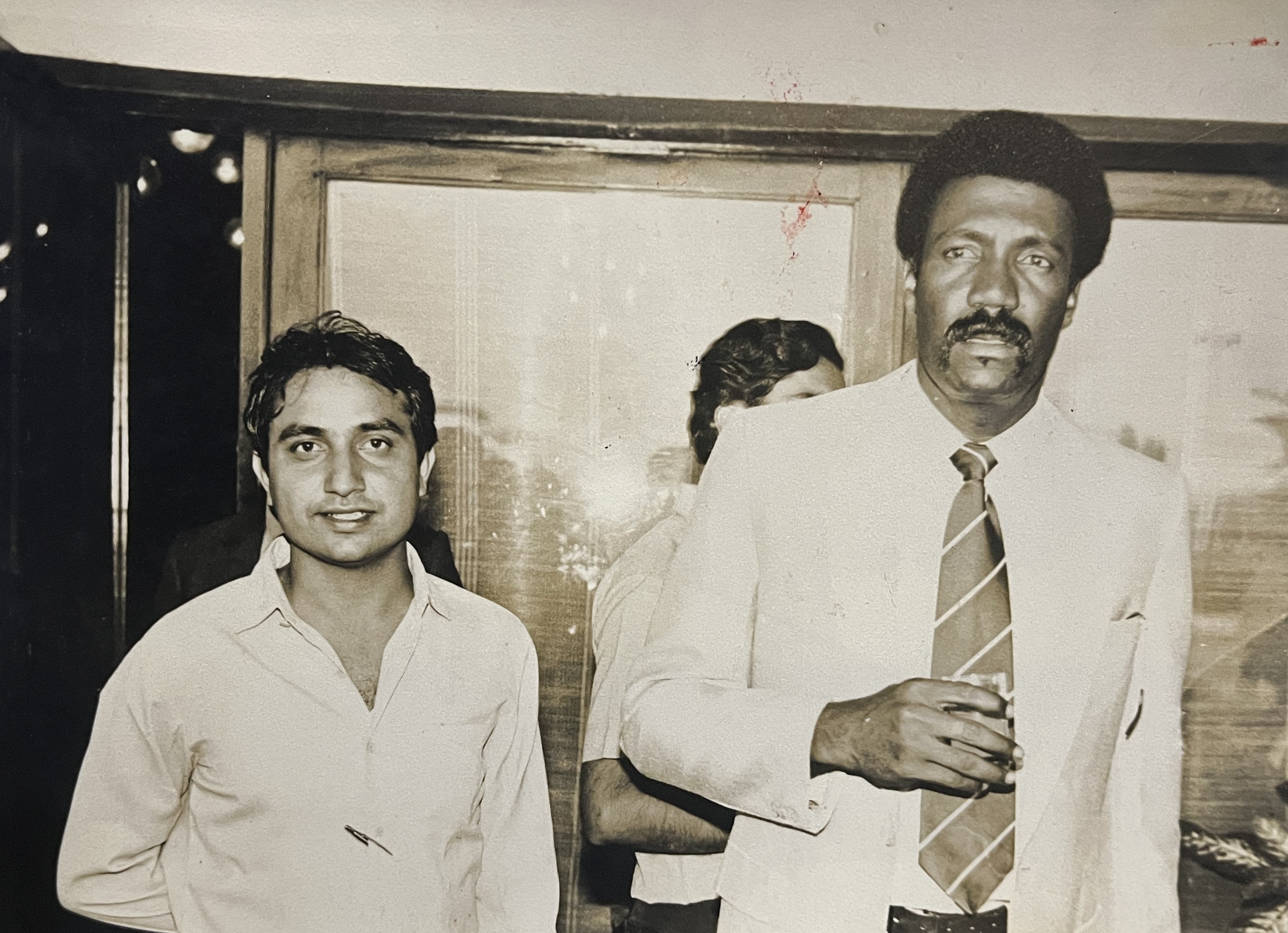
He also talked about his thoughts on the current news situation.
“Now, everything is divided into different groups, and journalists/anchors follow the ones that suit ‘them’ better. It’s not like politics didn’t exist back then, but now, it’s all out in the open. Every government had its supporters, but now, it’s getting a bit too much. Now the times have changed as everything is available with a single click on the internet and we had to sit with a huge dictionary beside us. The current journalists earn lakhs, I started with earning ₹5000.”
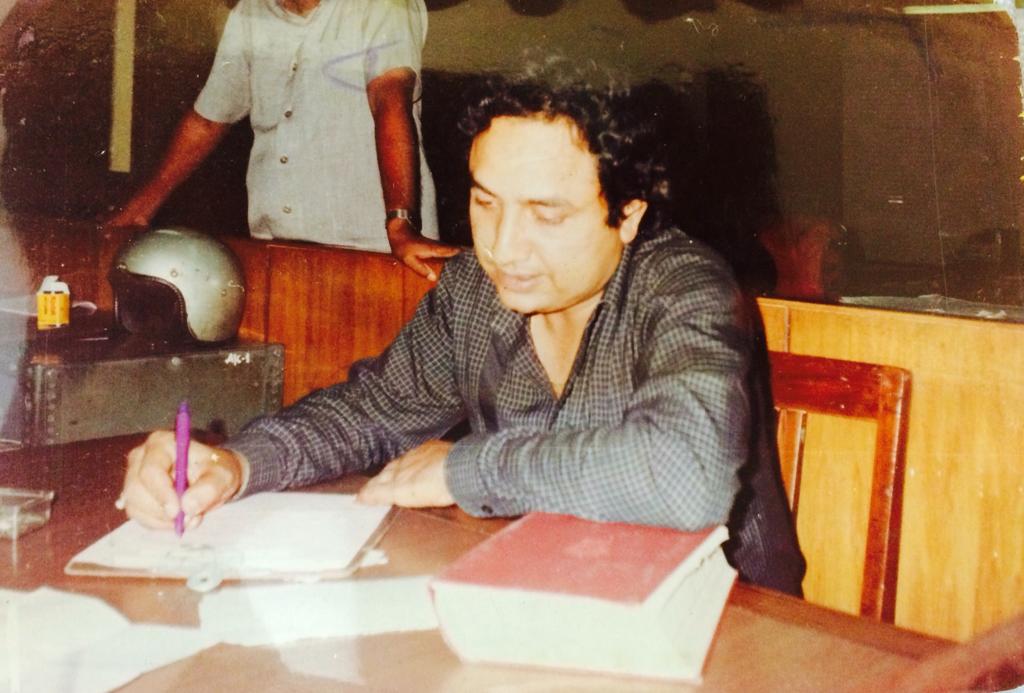
Talking about his reservations when I decided to join this field he mentioned how this field takes a lot and gives almost nothing.
“I knew that this job requires a lot of hard work, diligence and is filled with struggles, with limited returns. I used to work for 12 hours, at times. I was afraid that the pressure might be too much and as a father, I didn’t want you to go through it. Nevertheless, I’m glad you did and are excelling at it.”
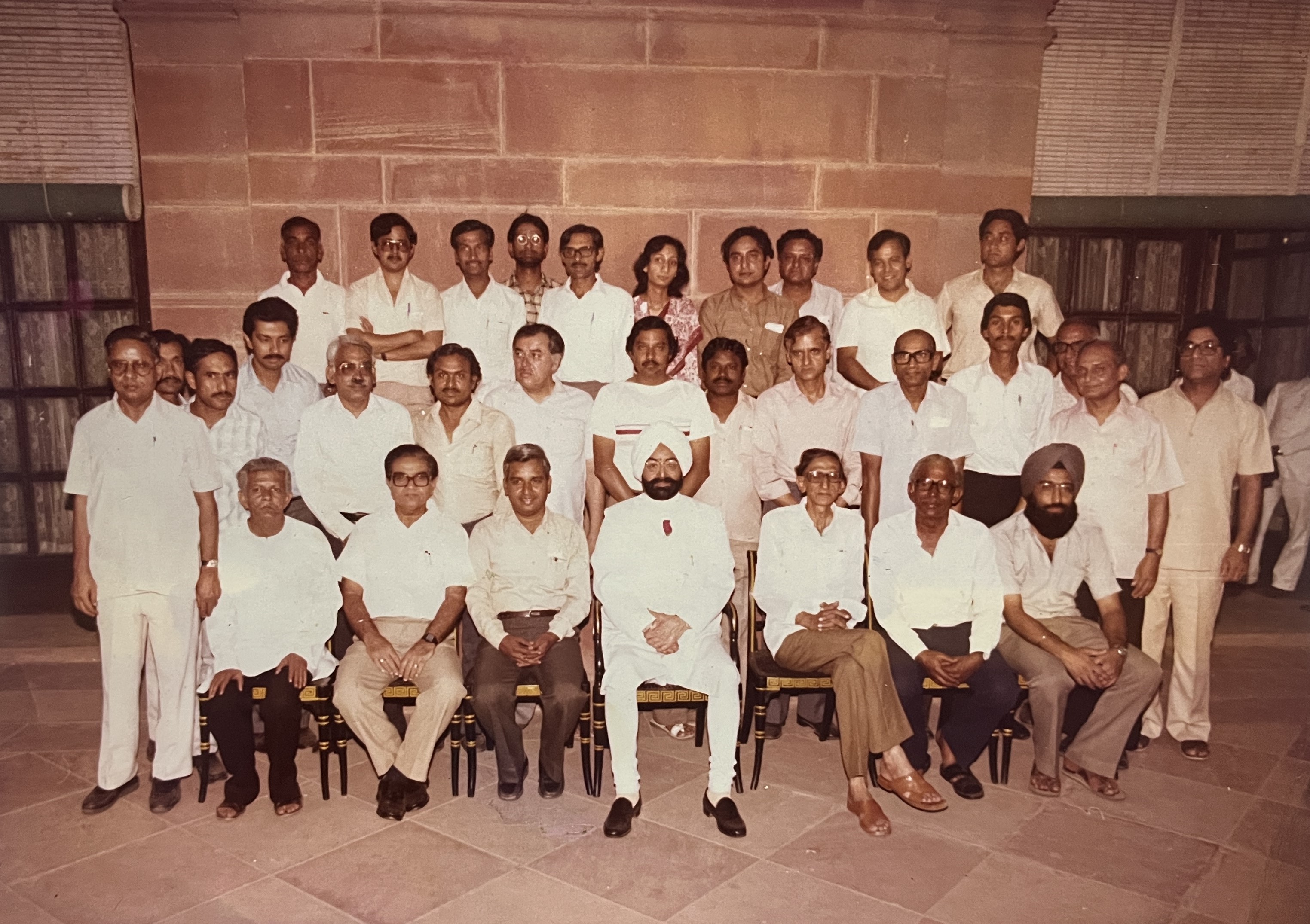
Right after I completed my journalism course, there was one statement he taught me – which has stuck with me to date. He said, “Never forget that we live in a secular nation, it belongs equally to people from different religions and castes, always remember that.” I asked him to explain his statement in detail.
“Dr. BR Ambedkar, the learned social reformer, wrote the constitution and our nation works on the constitution. The constitution clearly states that the country belongs to Hindu, Muslim, Sikh and Christians in equal proportions. However, now people are fighting to make it just ‘theirs’. As journalists, it’s our job to be neutral and we should always be on the right side of things.”
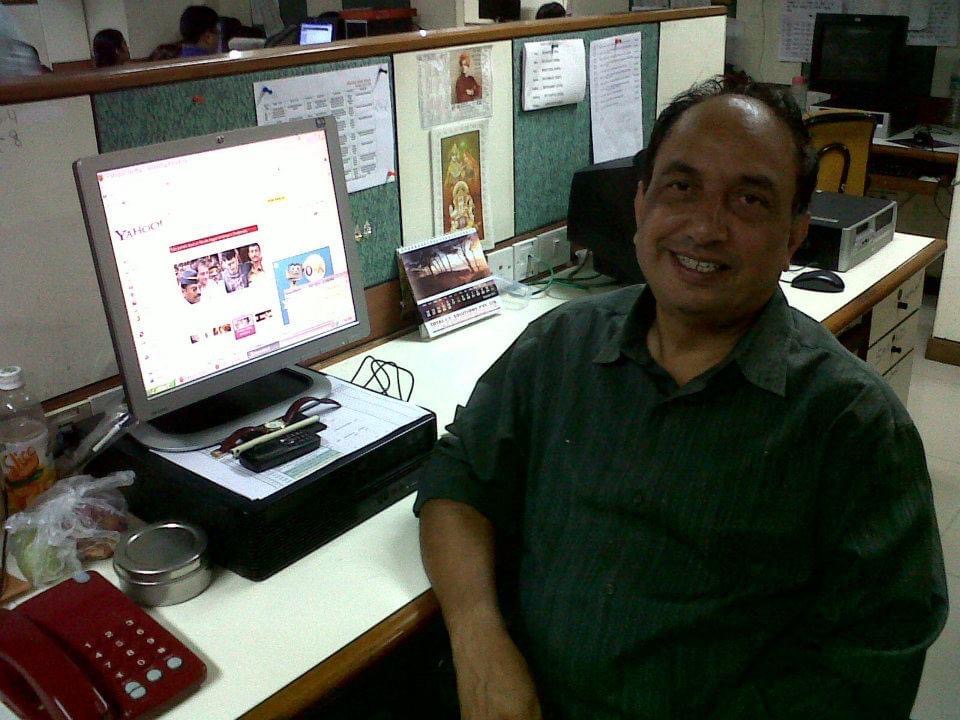
Later, I asked him about how do we do the right thing when we don’t have the ‘freedom’ to do things or talk about issues, to begin with, let alone be critical about them.
“That’s an issue – unless we don’t have strict rules for it, it’s going to be an issue. However, as we discussed earlier, social media is becoming an influential tool now. We can always express ourselves through tweets and status – that’s what I do.”
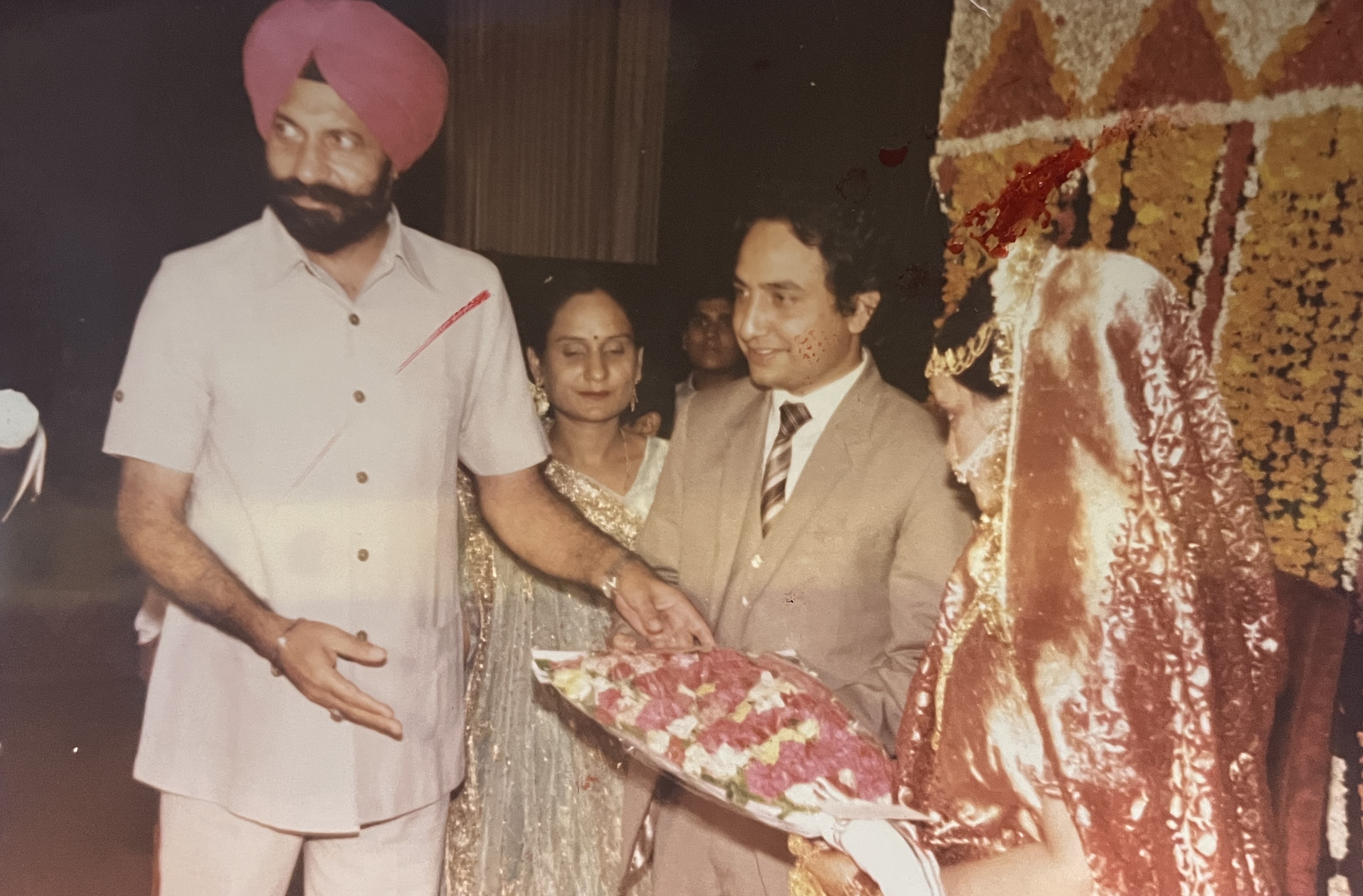
To conclude, I asked him about his hopes and expectations for journalism’s future in our nation.
“I feel it could get better. I can just hope that when a new government comes, it brings new rules, dreams and ambitions to make the nation better again.”
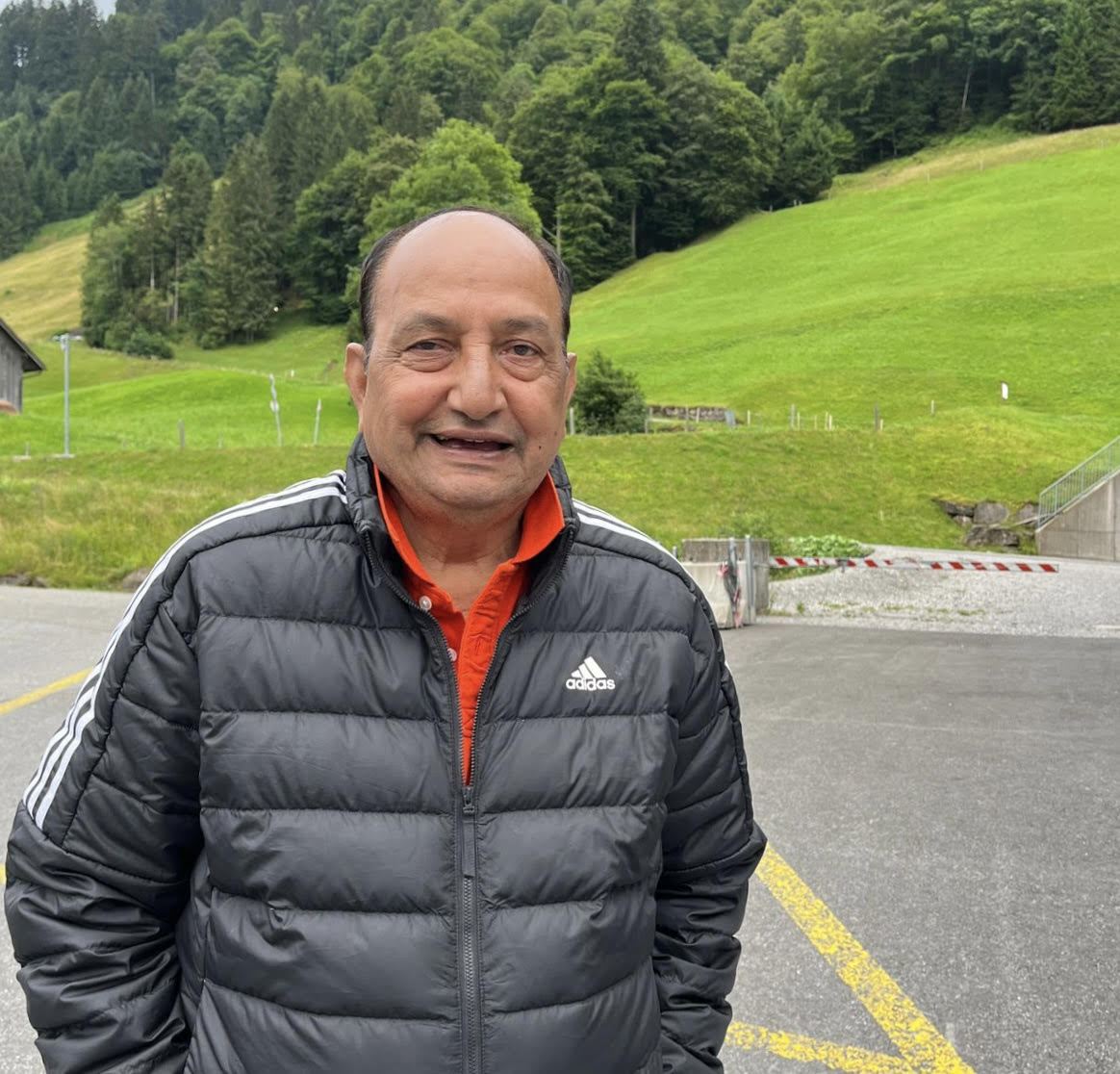
It’s overwhelming and disheartening to see how journalism is taking a different turn in our nation now. From journalists putting their blood and sweat into each news to journalists shouting on live television unnecessarily, things have only changed for worse.




